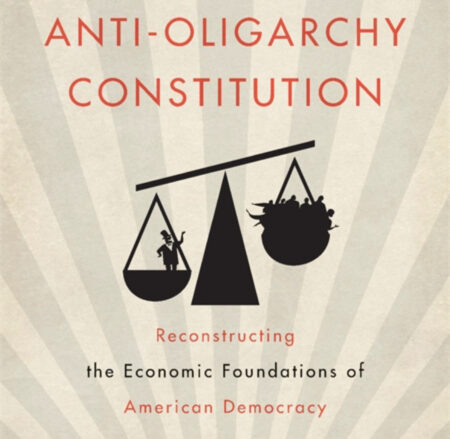
The Law and Political Economy of Religious Freedom
As recent Supreme Court cases make clear, the conservative legal movement seeks to replace the New Deal settlement not with a libertarian vision of market freedom, but rather an arrangement in which the market is embedded in a conservative Christian social vision.




